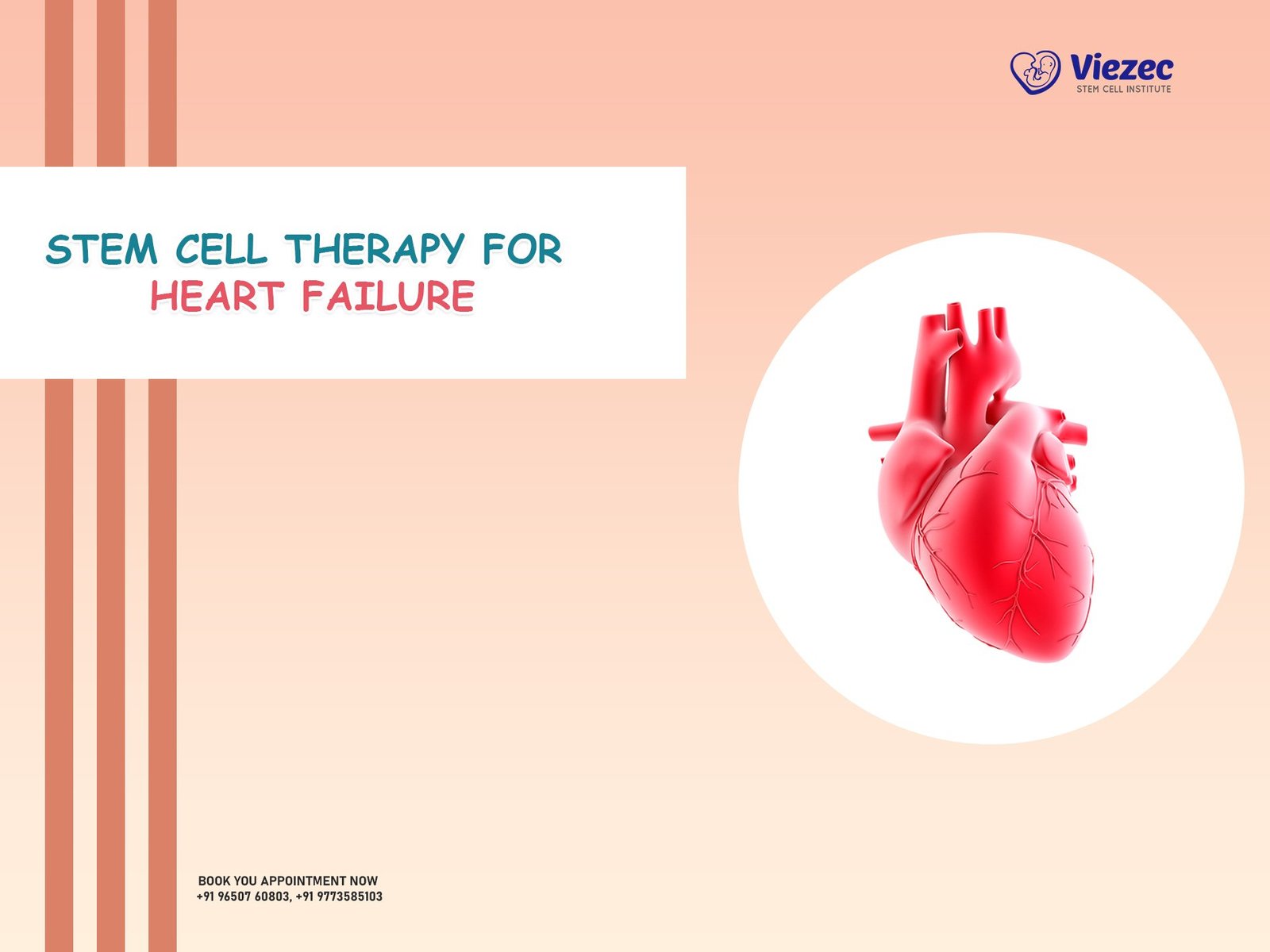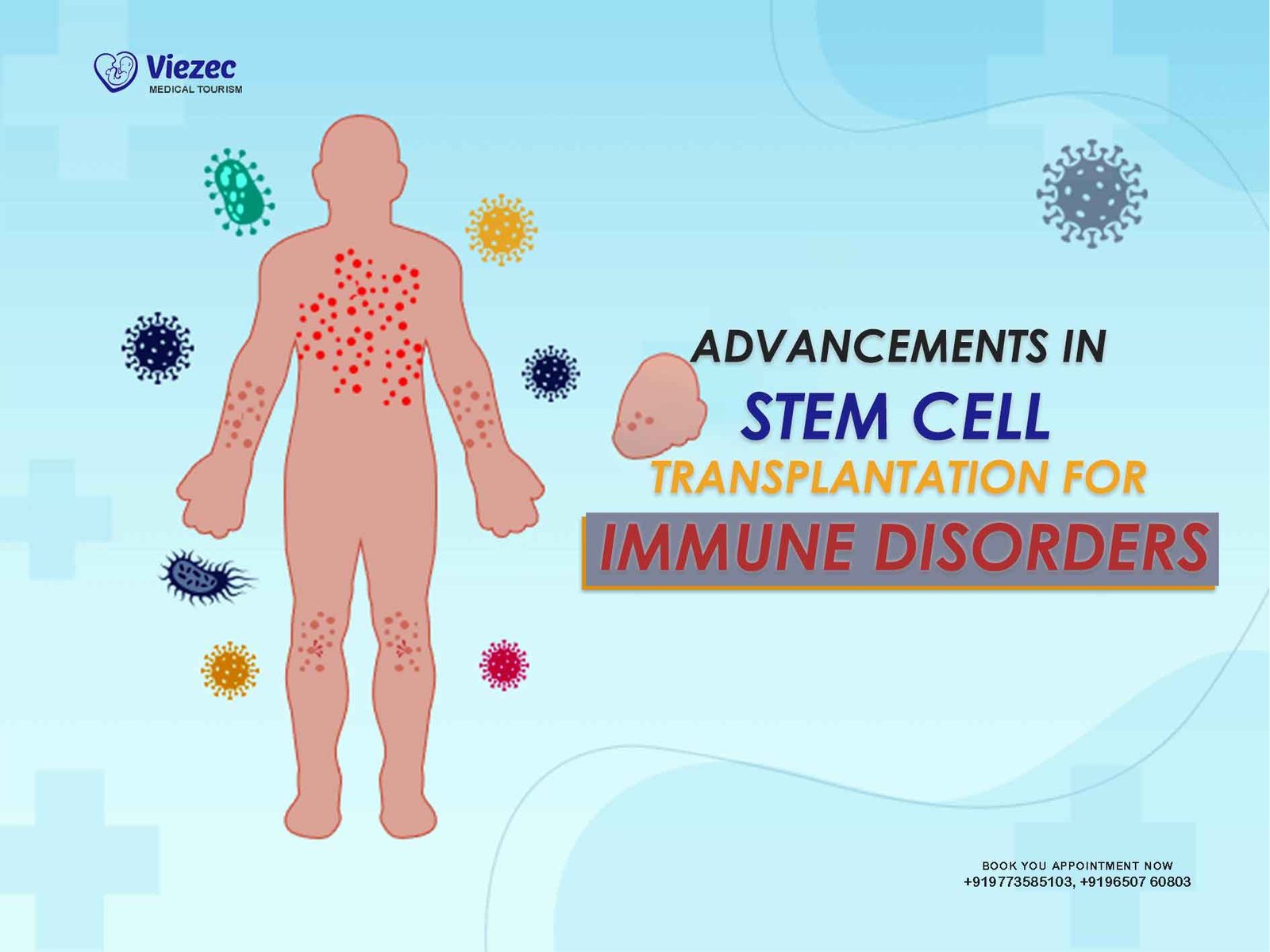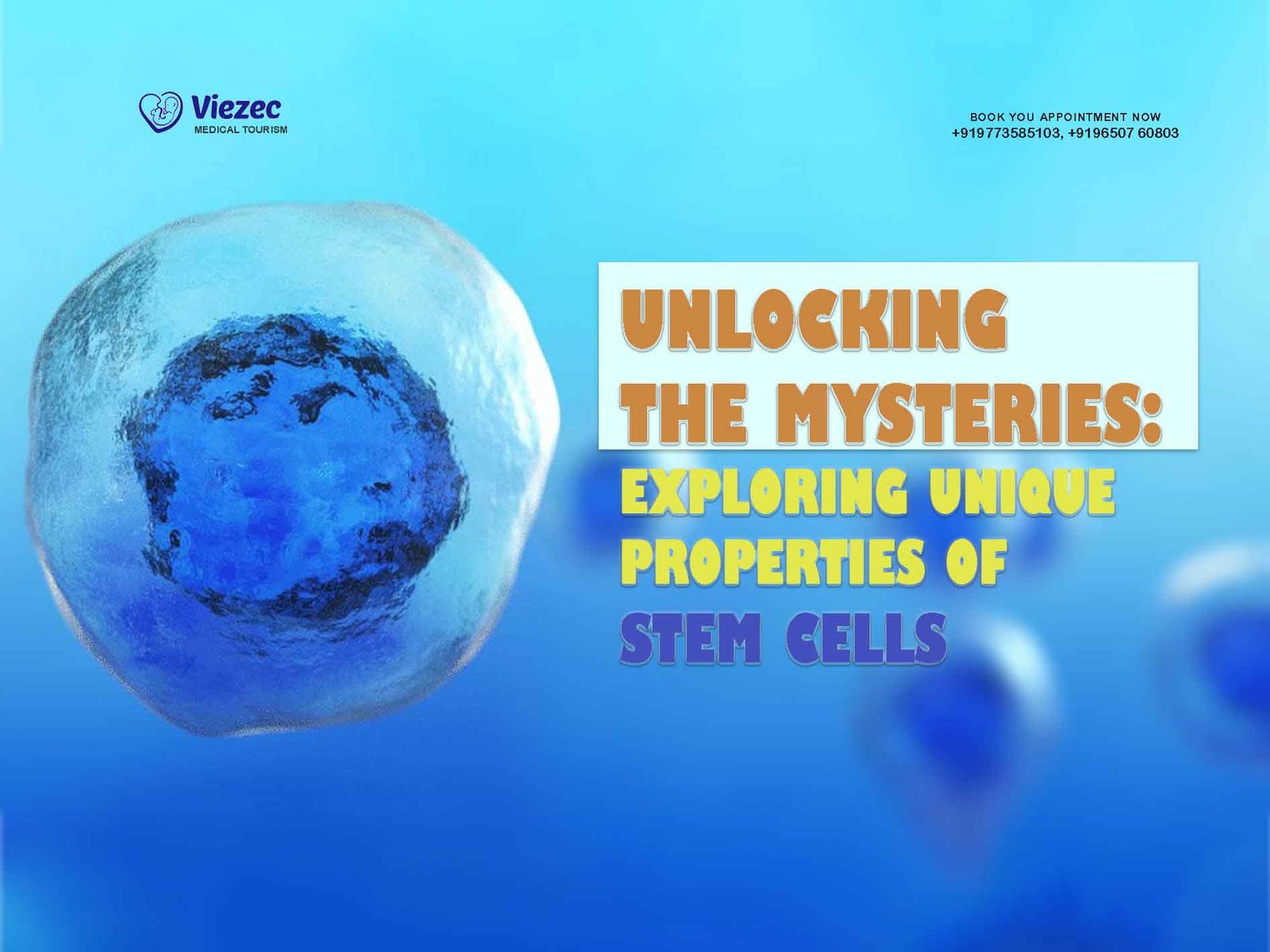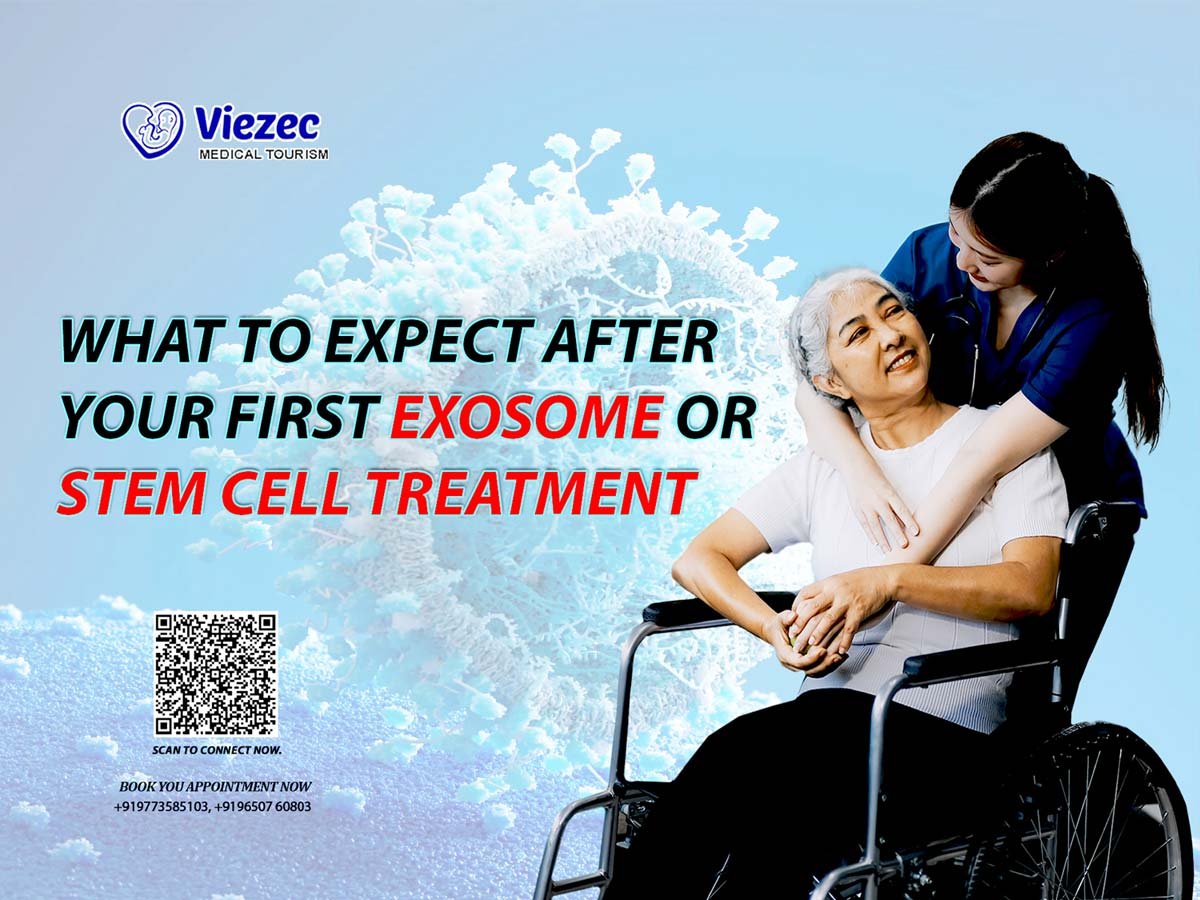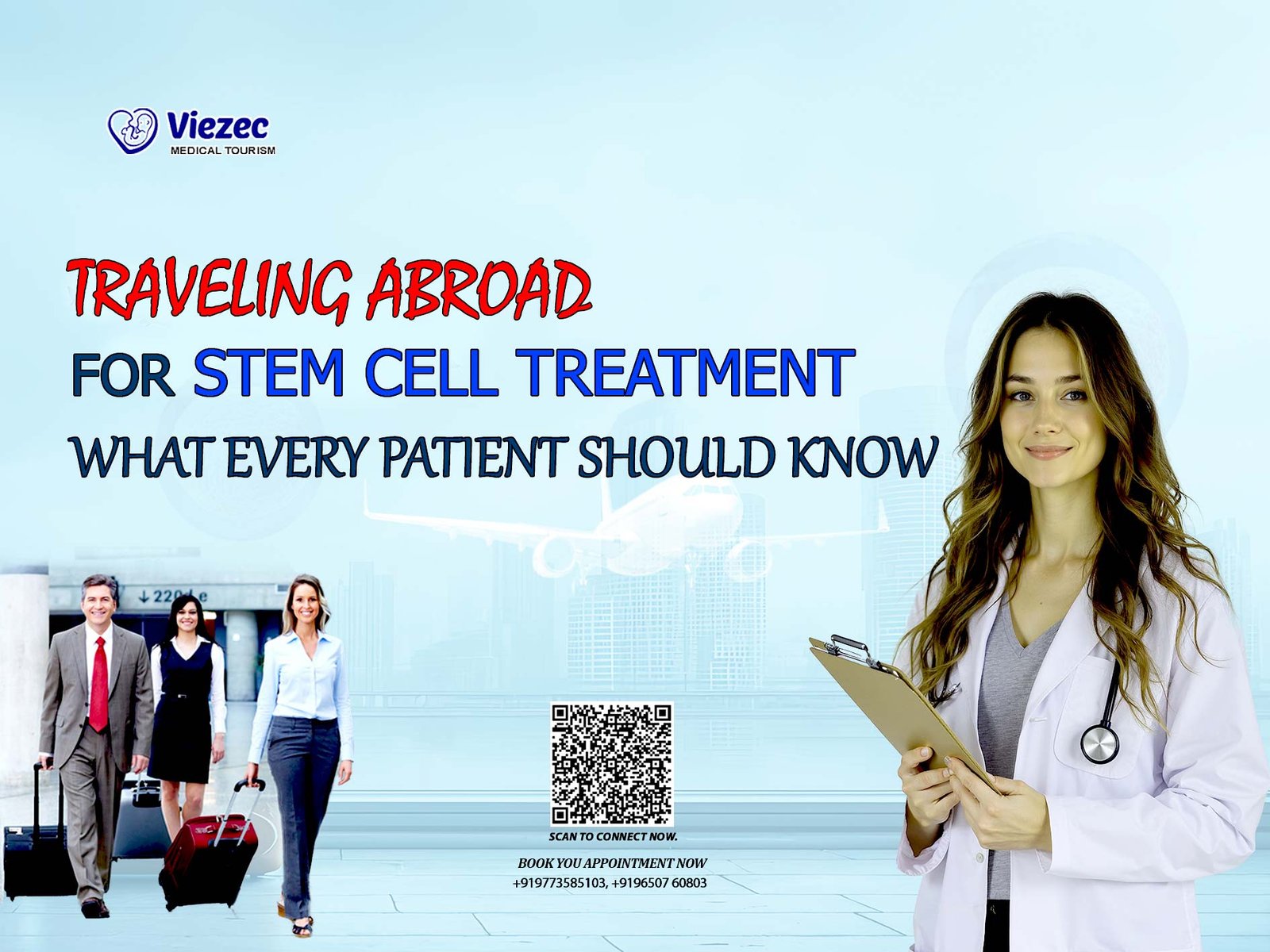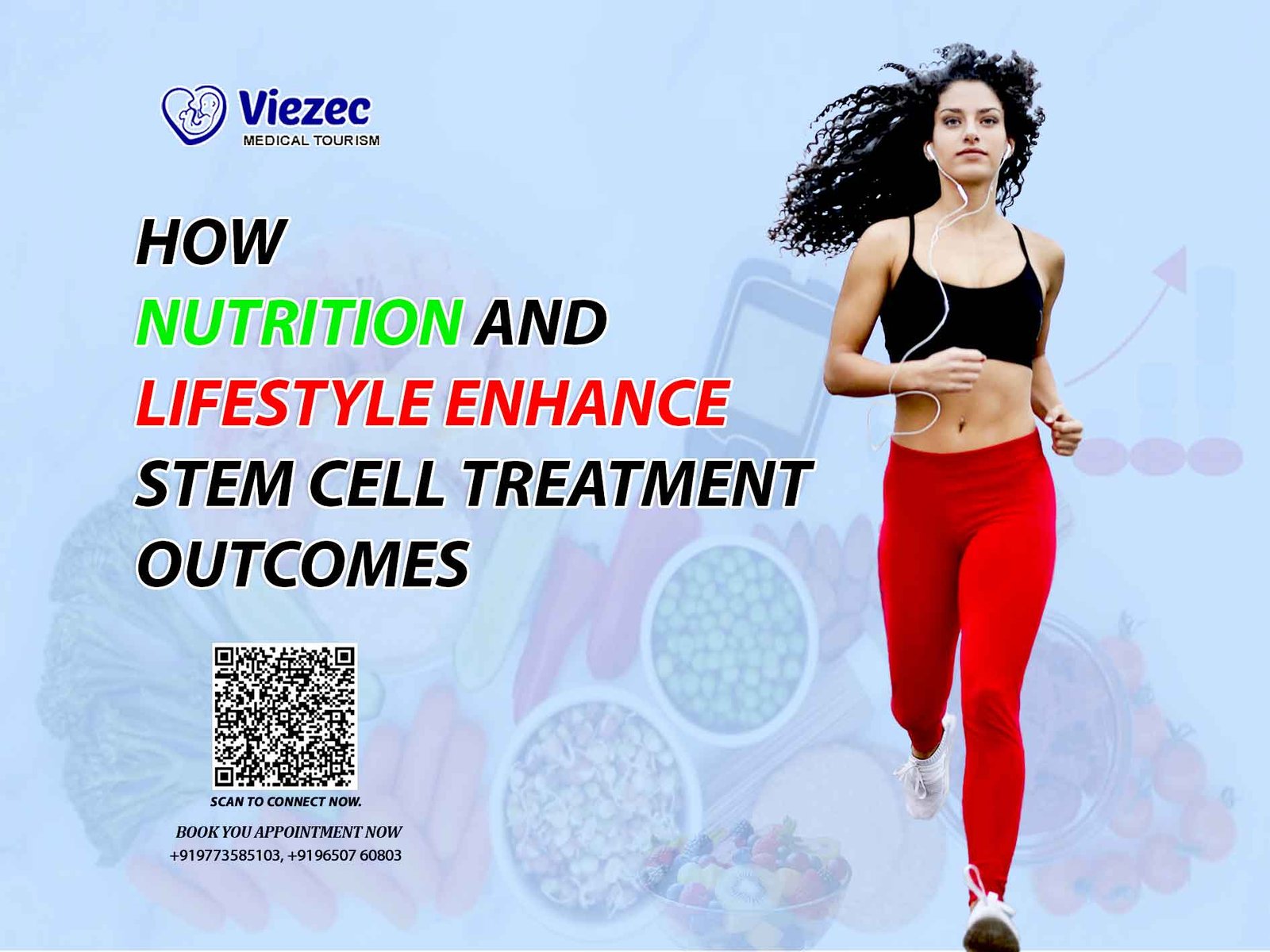Polycystic Ovary Syndrome (PCOS) affects millions of women worldwide, often leading to infertility, hormonal imbalance, and metabolic challenges. While conventional treatments focus on symptom management, stem cell therapy offers a groundbreaking alternative—targeting the root causes of PCOS with regenerative potential.
This comprehensive guide explores how stem cells, particularly mesenchymal types and their exosomes, may restore ovarian function, improve insulin sensitivity, and reduce inflammation. We delve into the science, clinical trials, success stories, and how lifestyle and personalized medicine can enhance outcomes. Whether you’re a patient, clinician, or researcher, this article provides valuable insights into one of the most promising frontiers in reproductive health.
Understanding the Basics
What Is Polycystic Ovary Syndrome (PCOS)?
Polycystic Ovary Syndrome, commonly known as PCOS, is a hormonal disorder that affects millions of women during their reproductive years. It often manifests through symptoms like irregular menstrual cycles, acne, excessive hair growth, weight gain, and the presence of multiple small cysts on the ovaries. But beyond these outward signs, PCOS can quietly disrupt internal metabolic and reproductive processes—leading to complications such as infertility, insulin resistance, type 2 diabetes, and increased risk of heart disease.
It’s more than a gynecological condition—it’s a whole-body syndrome. And because its exact cause remains unclear, treatment often focuses on managing symptoms rather than resolving the root issue.
Introduction to Stem Cell Therapy in Reproductive Medicine
Stem cell therapy is a rapidly evolving field of regenerative medicine that harnesses the body’s raw materials—undifferentiated cells capable of becoming specialized tissue—to repair, restore, or replace damaged cells. In reproductive health, stem cell therapy is being explored for conditions that were once thought to be irreversible, such as premature ovarian failure, endometriosis, and PCOS.
What makes stem cell therapy so promising is its potential to rejuvenate ovarian function, regulate hormone levels, and improve fertility—not just mask the symptoms.
The Intersection of PCOS and Stem Cell Research
Recent advances in medical science suggest a powerful synergy between PCOS treatment and stem cell research. Scientists have discovered that stem cells may play a key role in correcting the underlying hormonal and metabolic imbalances driving PCOS.
Rather than relying solely on pharmaceutical interventions, stem cells may offer a way to regenerate damaged ovarian tissue, restore ovulation, and enhance insulin sensitivity—all of which strike at the heart of PCOS. This represents a paradigm shift in how we approach this complex disorder: not just controlling it, but potentially healing it.
Book your consultation now and take the first step toward a healthier you!
Mechanisms and Benefits
How Stem Cells Target PCOS at the Cellular Level
To understand how stem cells help with PCOS, think of them as the body’s own repair crew. These cells can detect damaged or inflamed tissue and respond by transforming into the types of cells needed for healing.
In the case of PCOS, stem cells appear to target the ovaries—calming inflammation, restoring hormonal balance, and stimulating the growth of healthy follicles. They also help improve the ovarian environment by enhancing blood flow and reducing fibrotic (scar) tissue, which is often elevated in PCOS patients. Essentially, stem cells may reset the ovarian ecosystem, encouraging normal reproductive function.
Benefits of Mesenchymal Stem Cells in PCOS Treatment
Mesenchymal stem cells (MSCs) are one of the most widely researched types of stem cells in regenerative medicine—and they’re showing real promise for PCOS.
Derived from sources like bone marrow, adipose (fat) tissue, and umbilical cords, MSCs are easy to harvest and rich in healing potential. Here’s why they matter for PCOS:
Anti-inflammatory action: They calm chronic inflammation linked to hormonal imbalances.
Immune system modulation: MSCs may correct immune dysfunctions that contribute to ovarian damage.
Tissue regeneration: They promote healing of ovarian tissue and support the development of healthy follicles.
Research in both animal models and early human trials is encouraging, showing improvements in menstrual regularity and hormonal profiles after MSC-based treatments.
Role of Stem Cell-Derived Exosomes in Managing PCOS
Exosomes are tiny messengers released by stem cells. Think of them as molecular delivery trucks—packed with proteins, genetic material (like miRNA), and growth factors that instruct nearby cells on how to heal and regenerate.
In PCOS therapy, exosomes are gaining attention because they can:
Improve insulin sensitivity
Reduce excessive androgen (male hormone) production
Stimulate ovarian follicle development
The biggest benefit? Exosome therapy avoids the use of whole cells, which may reduce the risk of complications like immune rejection. This cell-free approach could be a future cornerstone in PCOS treatment, especially for patients who may not qualify for full stem cell transplants.
Clinical Applications and Research
Current Clinical Trials on Stem Cell Therapy for PCOS
The global scientific community is actively exploring how stem cells can change the way we treat PCOS. Several clinical trials—primarily in China, India, and the U.S.—are investigating whether stem cell therapy can improve ovulation, regulate hormones, and reduce the symptoms of insulin resistance in women with PCOS.
These trials are testing a range of stem cell types, particularly mesenchymal stem cells from adipose tissue and umbilical cords. Preliminary findings suggest improvements in menstrual regularity, reduction in ovarian cysts, and better metabolic profiles. Although the results are still in early stages, the progress is promising and may lead to mainstream clinical use within the next decade.
Case Studies: Success Stories in Stem Cell Treatment for PCOS
While large-scale trials are ongoing, early case reports offer a glimpse into the real-life impact of stem cell therapy for PCOS.
For example, in small pilot studies and compassionate-use programs, women with long-standing PCOS have experienced restored menstrual cycles, improved fertility outcomes, and reduced reliance on conventional hormone therapies after receiving stem cell treatments. One study published in Stem Cells International showed notable hormonal balance restoration and improved follicle count in participants treated with autologous MSCs.
These stories illustrate what many experts believe: stem cell therapy may offer a breakthrough for patients who have exhausted other options.
Comparative Analysis: Stem Cell Therapy vs. Traditional PCOS Treatments
Conventional treatments for PCOS—such as oral contraceptives, insulin-sensitizing agents like metformin, or ovulation-inducing drugs like clomiphene—are effective for symptom control. However, they often need to be used continuously and can carry side effects or lose effectiveness over time.
Stem cell therapy, by contrast, focuses on regeneration rather than symptom suppression. Instead of managing insulin resistance or hormonal imbalances with medication, stem cells aim to correct these dysfunctions at the source. That said, it’s not yet a replacement but rather a potential future complement—or even alternative—for those seeking long-term solutions.
In short: while traditional therapies are reactive, stem cell therapy offers a proactive and potentially curative approach.
Innovations and Future Directions
Emerging Technologies in Stem Cell Therapy for PCOS
The world of regenerative medicine is evolving rapidly, and PCOS treatment is riding that wave of innovation. Breakthroughs like 3D bioprinting, CRISPR gene editing, and bioengineered scaffolds are making stem cell therapy more precise, safer, and tailored to each individual.
3D bioprinting can help create supportive tissue structures that mimic the ovarian environment—enhancing cell survival and function after transplantation.
Gene-edited stem cells may eventually be programmed to correct specific hormonal imbalances or genetic markers associated with PCOS.
Biomaterial scaffolds offer structural support that helps stem cells integrate better into ovarian tissue.
These cutting-edge tools are transforming theoretical science into practical solutions, inching us closer to personalized ovarian regeneration.
The Future of Personalized Medicine: Stem Cells and PCOS
Imagine a future where your treatment for PCOS isn’t based on a general guideline, but tailored specifically to your genetic profile, hormonal makeup, and ovarian condition. That’s the promise of personalized medicine.
With advancements in genomic screening and AI-powered diagnostics, physicians may soon be able to craft highly individualized stem cell therapies—selecting the optimal cell source, dosage, and delivery method for each patient. This precision could significantly increase the success rate of treatments and reduce the risk of side effects.
Personalized stem cell therapy for PCOS isn’t just an idea—it’s on the horizon, and it’s reshaping how we define reproductive healthcare.
Challenges and Ethical Considerations in Stem Cell Research for PCOS
Despite the excitement, stem cell therapy comes with a set of real-world challenges. Ethical questions arise around embryonic stem cells, though many PCOS studies use ethically sourced adult or perinatal (umbilical cord) stem cells. Regulatory frameworks are still catching up, and long-term safety data is limited.
Patients and providers must also navigate:
-
Unproven therapies offered by unregulated clinics
-
High costs and limited insurance coverage
-
The need for informed consent and transparent clinical protocols
Ensuring safety, equity, and ethics in stem cell treatments will be critical to maintaining public trust and unlocking the therapy’s full potential.
Get in touch with us today for a personalized consultation.
Lifestyle and Supportive Therapies
Integrating Lifestyle Changes with Stem Cell Therapy for PCOS
Stem cell therapy may offer regenerative hope for PCOS, but its true impact often shines when paired with healthy lifestyle habits. Why? Because PCOS is a complex, multifactorial condition—one that involves hormonal, metabolic, and inflammatory imbalances. Addressing just one part of the equation may not be enough.
Combining stem cell therapy with positive lifestyle changes—like a balanced diet, regular exercise, quality sleep, and stress reduction—can significantly enhance outcomes. These changes reduce insulin resistance, regulate cortisol levels, and help your body create a more favorable environment for stem cells to thrive and heal.
In other words: stem cells can do a lot—but they work best when your body is also supporting the healing process.
Diet and Exercise: Enhancing the Efficacy of Stem Cell Treatments
The right diet and fitness routine can be powerful allies for your cells—especially if you’re undergoing or preparing for stem cell therapy.
-
Anti-inflammatory foods like leafy greens, berries, fatty fish, and turmeric can help calm systemic inflammation.
-
Low-glycemic diets reduce blood sugar spikes and support better insulin control, a key goal in PCOS management.
-
Strength training and cardio boost metabolism, reduce body fat, and enhance insulin sensitivity—all of which set the stage for stem cell success.
When stem cell therapy is supported by nutrition and movement, the body is primed to regenerate—not just manage symptoms.
Mental Health Support for PCOS Patients Undergoing Stem Cell Therapy
Living with PCOS isn’t just a physical journey—it’s an emotional one, too. The stress of irregular cycles, fertility concerns, weight struggles, and fluctuating hormones can take a toll on mental well-being.
That’s why emotional support should be part of any regenerative therapy plan. Whether it’s one-on-one counseling, support groups, or mindfulness practices like meditation and yoga, these tools help patients manage anxiety, build confidence, and stay committed to the healing process.
A healthy mind empowers a healthy body—and that’s especially true during regenerative treatments like stem cell therapy.
Global Perspectives
Stem Cell Therapy for PCOS: A Global Overview
Around the world, stem cell therapy is emerging as a promising new frontier in the treatment of PCOS. Countries like the United States, India, China, and South Korea are leading the charge, not only in clinical research but also in developing protocols for safe, effective regenerative treatments.
In India and China, for example, government-backed clinical trials are exploring the use of mesenchymal stem cells in improving fertility and restoring ovarian function in women with PCOS. In the U.S., academic institutions and biotech firms are collaborating on FDA-approved early-phase trials. Meanwhile, South Korea is rapidly becoming a hub for advanced reproductive regenerative medicine.
This global momentum is driving innovation and increasing accessibility, signaling a future where PCOS sufferers everywhere may benefit from personalized regenerative therapies.
Regulatory Landscape of Stem Cell Treatments for PCOS Worldwide
While scientific interest is booming, the regulatory landscape remains uneven.
-
United States: Stem cell treatments are tightly regulated by the FDA. Only clinical trials or specific compassionate use programs are legally permitted.
-
European Union: Similarly strict, with a strong emphasis on evidence-based therapies and ethical sourcing.
-
Asia: Regulations are more flexible in countries like India and China, where experimental and autologous therapies may be offered more widely, though oversight varies.
Understanding local laws and treatment standards is crucial before seeking therapy abroad. Patients should always choose clinics that are transparent, accredited, and research-backed.
Access and Affordability of Stem Cell Therapy for PCOS Patients
Despite its promise, stem cell therapy isn’t yet widely accessible—especially for patients without private insurance or those living in underserved regions.
Costs can range from $5,000 to $20,000 or more, depending on the country, source of stem cells, and complexity of the procedure. Most insurance plans don’t yet cover regenerative therapies for PCOS, categorizing them as experimental.
But there’s hope: As more clinical trials demonstrate safety and efficacy, regulatory approvals could expand—and costs could decrease. Non-profit initiatives, academic centers, and health policy reforms are also working to make these therapies more available to the women who need them most.
Start your journey to wellness with stem cell therapy – schedule your consultation!
Patient Resources
What to Expect: A Patient’s Guide to Stem Cell Therapy for PCOS
If you’re considering stem cell therapy for PCOS, it’s important to understand what the journey may look like. It typically begins with a thorough medical evaluation—this includes hormonal assessments, ultrasound imaging of the ovaries, and discussions about your fertility goals.
Once you’re deemed a good candidate, the process may involve harvesting stem cells from your own fat tissue or using donor-derived cells from sources like the umbilical cord. These cells are then processed in a lab and administered—usually via injection into the ovaries or intravenously.
The procedure is often outpatient, with minimal downtime. Most patients return to normal activities within a day or two, but follow-up visits and monitoring are essential to track hormonal changes, cycle regularity, and ovulatory response.
Finding Accredited Stem Cell Treatment Centers for PCOS
Choosing the right clinic is one of the most important steps in your treatment journey. Look for facilities that meet the following standards:
Accreditation by national or international medical boards
Specialization in regenerative medicine or reproductive endocrinology
Transparent treatment protocols and documented success rates
Ethically sourced stem cells and compliance with local regulations
A multidisciplinary care team, including fertility specialists and endocrinologists
Patient testimonials and verified reviews can also provide insight into real-world experiences and outcomes.
FAQs
Is stem cell therapy FDA-approved for PCOS?
Not at this time. Most treatments are still in the research phase or are offered through regulated clinical trials or compassionate use programs.
How long before I notice improvements?
Results vary. Some patients report changes in their menstrual cycles or hormonal levels within a few months, while others may require more time and follow-up treatments.
Are there any risks or side effects?
Stem cell therapy is generally considered safe when performed by qualified professionals. However, potential risks include infection, inflammation, and in rare cases, immune reactions or lack of efficacy. Always discuss risks thoroughly with your care team.
Is this a cure for PCOS?
Not yet—but it’s a step toward addressing the root causes rather than just managing symptoms. Think of it as a regenerative option that may reduce dependency on long-term medications.


